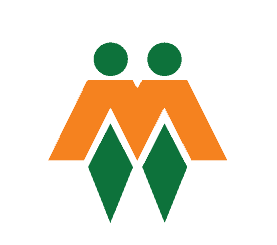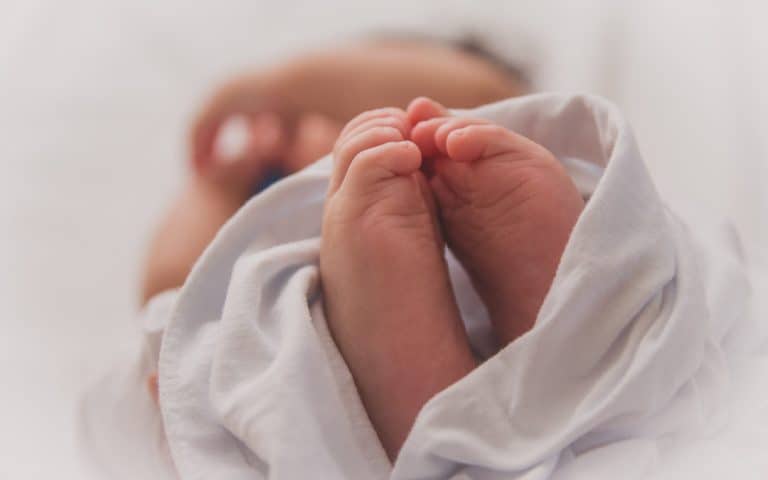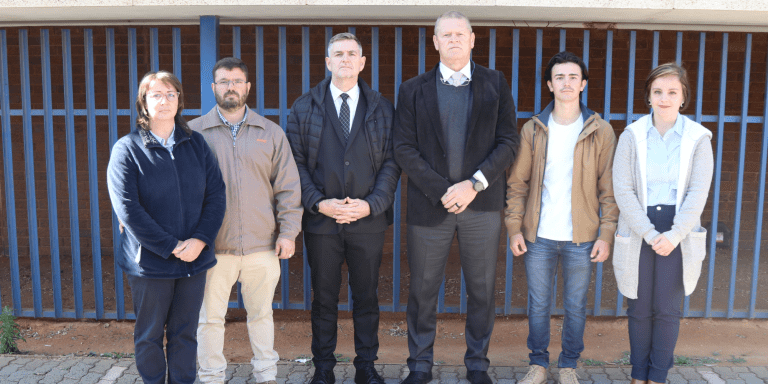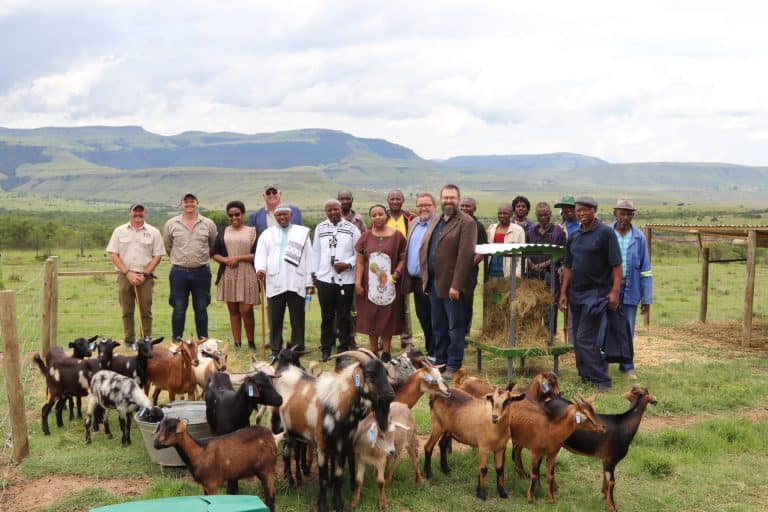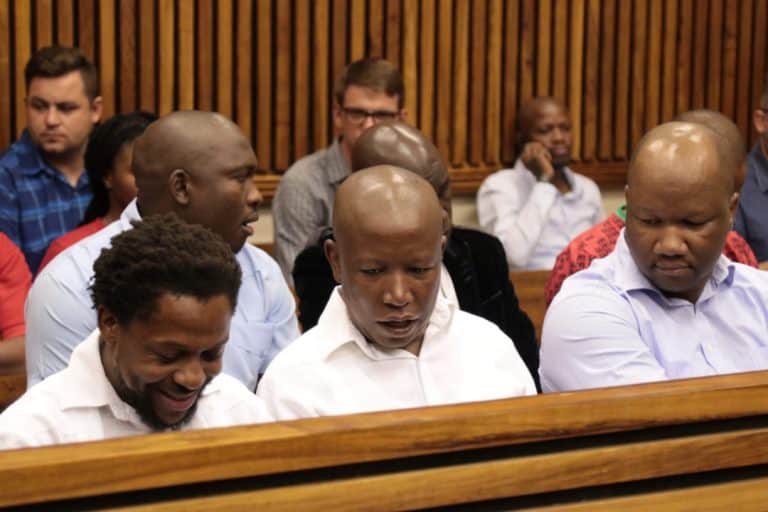AfriForum and AmaBhele kaJamangile forge relationship
The civil rights organisation AfriForum and representatives of the Office of iNkosi Zwelothando Mabandla discussed cooperation at a meeting at Mqokolweni Great Place near Maclear (Nqanqarhu) in the Eastern Cape. An agreement was reached to cooperate on agricultural development and to establish a recognition and cooperation agreement based on mutual recognition and respect.
“Our ancestor, iNkosi Jamangile, was eminent for advancing agriculture, education and Christianity which became the foundational pillars of the royal family,” says iNkosi Zwelothando Mabandla, iNkosi of the AmaBhele kaJamangile Traditional Community. He is also the founder of the Zwelothando Development Trust which aims to bring socio-economic development to the community.
“Good relationships between cultural communities are a prerequisite for the long-term peaceful coexistence of cultural communities in southern Africa. The best way to establish good relationships is cooperation on joint projects, to face challenges and achieve success together. We are excited about the prospects of the relationship we forged,” says Barend Uys, Head of Intercultural Cooperation at AfriForum.
“We are in the process of building a self-sufficient community with security, education, healthcare, recreational and child play facilities. The vision is to build a new smart agri-hood to uplift the community and provide an opportunity for families to be part of a community that is accountable to each other whilst prioritising food security, rural development and poverty alleviation. Self-sufficiency is deeply rooted in our cultures, I see an opportunity for its revival through the institution of traditional leadership post COVID-19,” says iNkosazana Bhelekazi Mabandla, Head of Royal Diplomatic Services of the Jamangile kaMabandla Royal Family.
Traditional leadership is an important community institution of traditional communities and have a critical role to play to preserve language, culture and heritage. This is important for maintaining and developing cultural identity and the sustainable continued existence of self-reliant communities.
“When we say, ‘we will do it ourselves, but not on our own’, we choose not to be dependent on the state to create the future we want – but we acknowledge that we need the support of friends to create a future where the children of our cultural communities can live free, safe and prosperous lives,” says Barend Uys.

